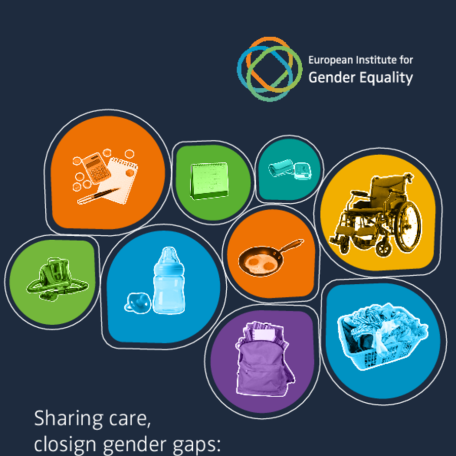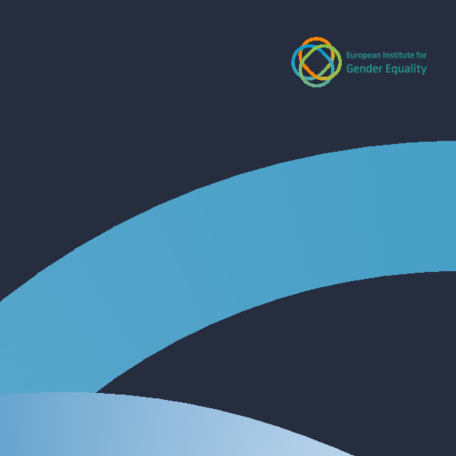
Migration to the European Union (EU) has increased significantly in recent years, driven by conflict, climate change and geopolitical instability. While global data is limited, available evidence indicates that these crises disproportionately impact women and girls, increasing their exposure to gender-based violence (GBV).
Migrants – particularly those who are forcibly displaced or undocumented or face intersecting forms of discrimination – are at greater risk of sexual, physical, psychological and economic violence. However, existing responses across the EU are often fragmented, under-resourced and insufficiently gender-sensitive.
Within this context, this report presents findings from a 2024 study that mapped the laws, policies and frameworks in place to prevent and respond to GBV in the context of migration and migration-causing crises. The research mapped and analysed global-, EU- and national-level policies, with the last focusing on a case study of seven EU Member States: Belgium, Germany, Spain, France, Croatia, Malta and Finland.




